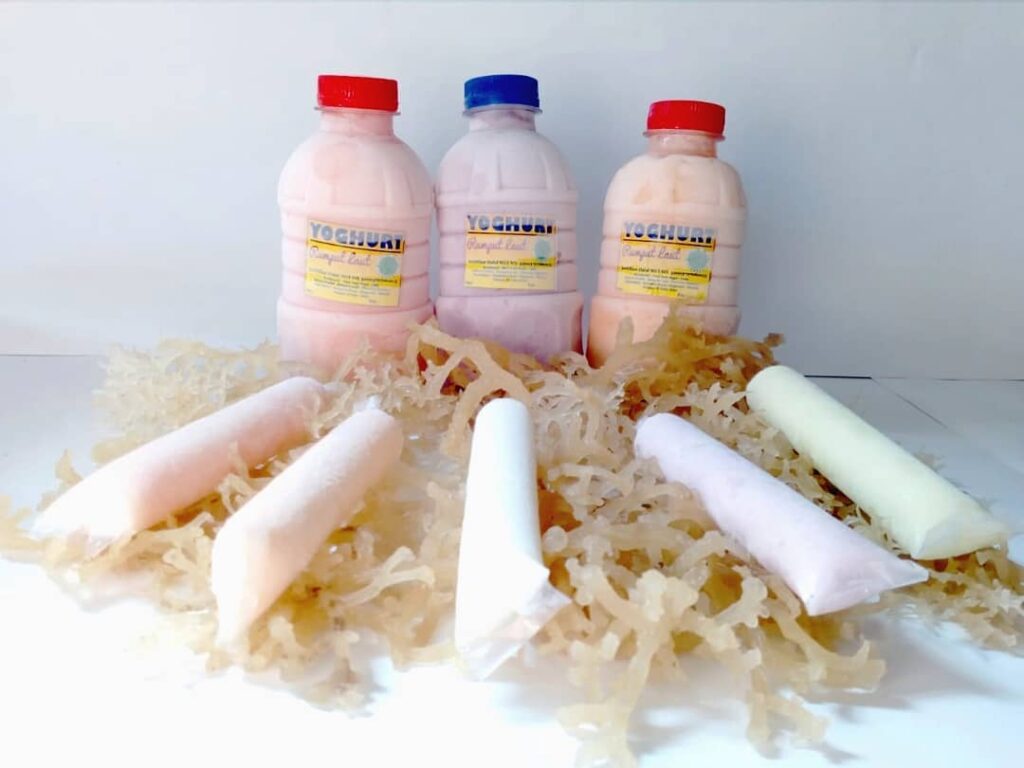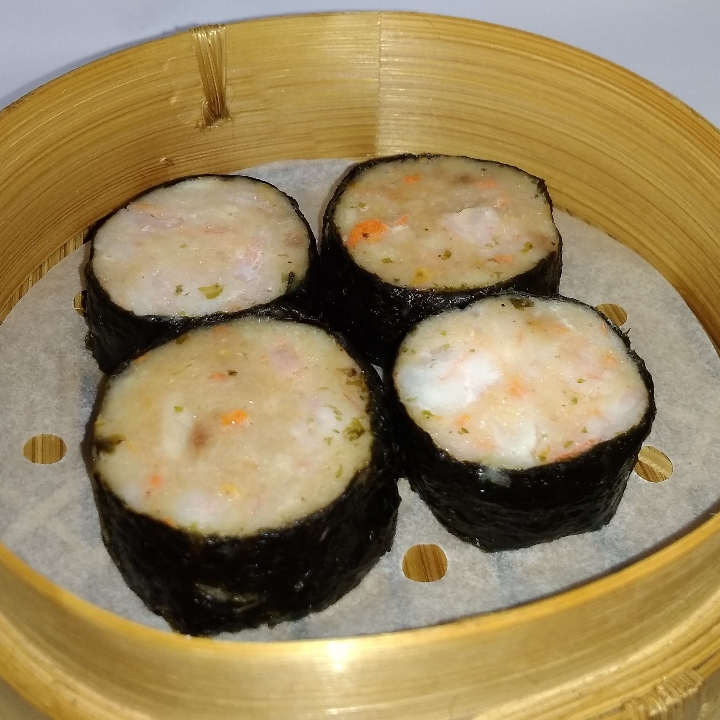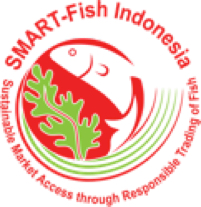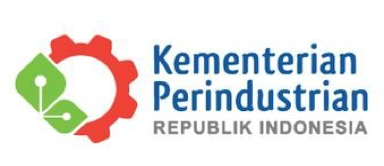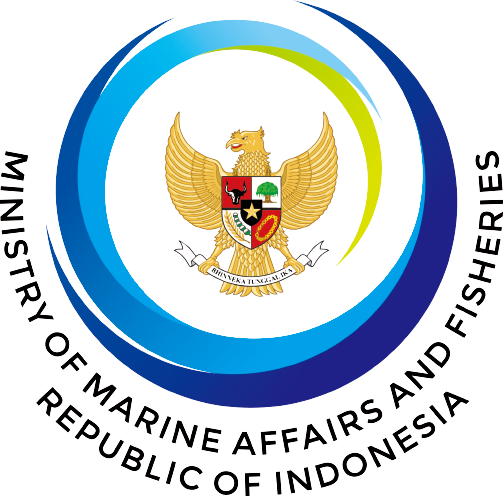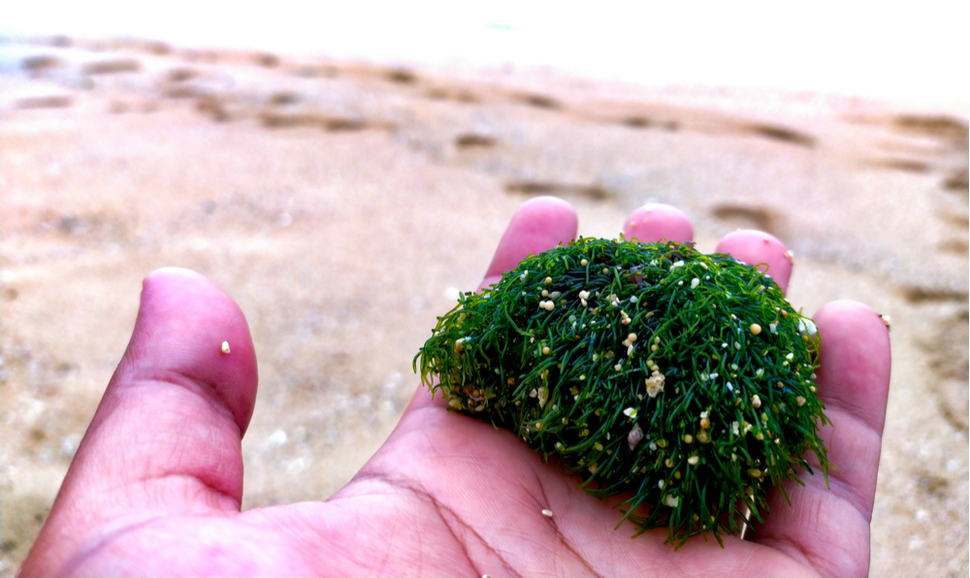
4 Seaweed Startups Combating Food Insecurity and Climate Change
We’re all familiar with the role forests play when it comes to providing a sustainable source of food, energy and raw materials, and locking away CO2 emissions. But perhaps we’re less knowledgeable about the potential of forests of seaweed growing in the oceans.
A type of seaweed known as kelp is being developed for its nutritional value and its ability to absorb and lock away huge quantities of carbon dioxide. Seaweed absorbs CO2 more effectively than trees. It also improves water quality by extracting harmful nutrients such as nitrogen from the sea.
“These start-ups are at the forefront of an emerging and promising sector of a global circular economy.”
Building a new ocean economy
These benefits are familiar to a new generation of oceanic entrepreneurs. They’re working to preserve the world’s marine ecosystems, while playing a key role in combating food insecurity and climate change.
Here are four companies rising to the ocean challenge:
Kelp Blue
Kelp Blue runs giant underwater farms where it grows seaweed crops that are harvested for agri-foods, fertilizers, pharmaceuticals and cosmetics. The kelp also absorbs large quantities of CO2. With a mission to "re-wild" the ocean and capture millions of tonnes of CO2 annually by 2050, Kelp Blue’s sustainability credentials are reinforced by the fact that no fertilizers, pesticides, fresh water or land are used in its production processes.
Kelp Blue is in the pilot phase of the project, which it hopes to eventually replicate in offshore locations across the world. The government of Namibia has granted environmental clearance for the company to start farming off its coast, a location that has perfect conditions for seaweed cultivation.
Sea6 Energy
This Indian company is all about scaling up and mechanizing tropical seaweed farming. It produces biomass for fuel and sustainable raw materials for industries that span agri-foods, health supplements, cosmetics, bioplastics and polymers. It has secured patents across the value chain.
Sea6 Energy has designed what it calls "SeaCombine" — a tractor-like vehicle that sows seeds and harvests tropical sea plants off-shore, currently in India and Indonesia.
The infographic above predicts the scale of the new ocean economy by 2030 and details some planet-friendly benefits that farming ocean plants on an industrial scale could bring.
Australian Seaweed Institute
Australia has never had a seaweed farming industry, but Jo Kelly is planning to change that in her role as founder of The Australian Seaweed Institute. She believes that seaweed can help to mitigate climate change and create jobs in aquaculture in remote parts of Australia.
The Institute, founded in 2018, is partnering with farmers, research bodies, manufacturers and government to develop a framework for the industry.
The foundation for that framework is the U.N.’s Sustainable Development Goal 14 — addressing "life below water." The infographic below details the blueprint for building Australia’s seaweed farming industry, which could contribute directly to reducing ocean acidification and pollution.
The Institute is developing a biofilter network, in partnership with Central Queensland University’s Coastal Marine Ecosystem Centre. The system will be used to remove nitrogen and CO2 from the Great Barrier Reef.
It’s a pioneering project that caught the attention of the World Economic Forum and was featured at the Davos Agenda in 2021.
Cascadia Seaweed
Cascadia Seaweed, based on Canada’s Vancouver Island, is focused on bringing its ocean bounty to more dinner tables. It hosted the Canadian province’s inaugural Seaweed Days Festival in May. The U.N.’s senior adviser on the global impact on oceans was there to see for himself the benefits that the new ocean economy can have in the real world.
The two-year-old Canadian company has farms offshore. It’s also built its own seed nursery.
Cascadia grows four types of seaweed, but plans to expand into more varieties in time. The company is motivated to provide increasing work opportunities for the region’s indigenous communities and has forged partnerships with local tribes as it expands its enterprise along the coast of British Columbia.
Supporting ocean economy pioneers
These start-ups are at the forefront of an emerging and promising sector of a global circular economy. Their blueprints and strategies for the future could be replicated across the world for the benefit of people and the planet.
The World Economic Forum’s UpLink platform provides an environment for entrepreneurs to present ideas that can drive the world towards meeting the U.N.’s 2030 Sustainable Development Goals.
The merits of such a platform become clear when the U.N. points out that widespread seaweed cultivation is being hampered by a lack of global safety standards and a lack of collaboration in building the new ocean economy.
Source: https://www.greenbiz.com/article/4-seaweed-startups-combating-food-insecurity-and-climate-change
